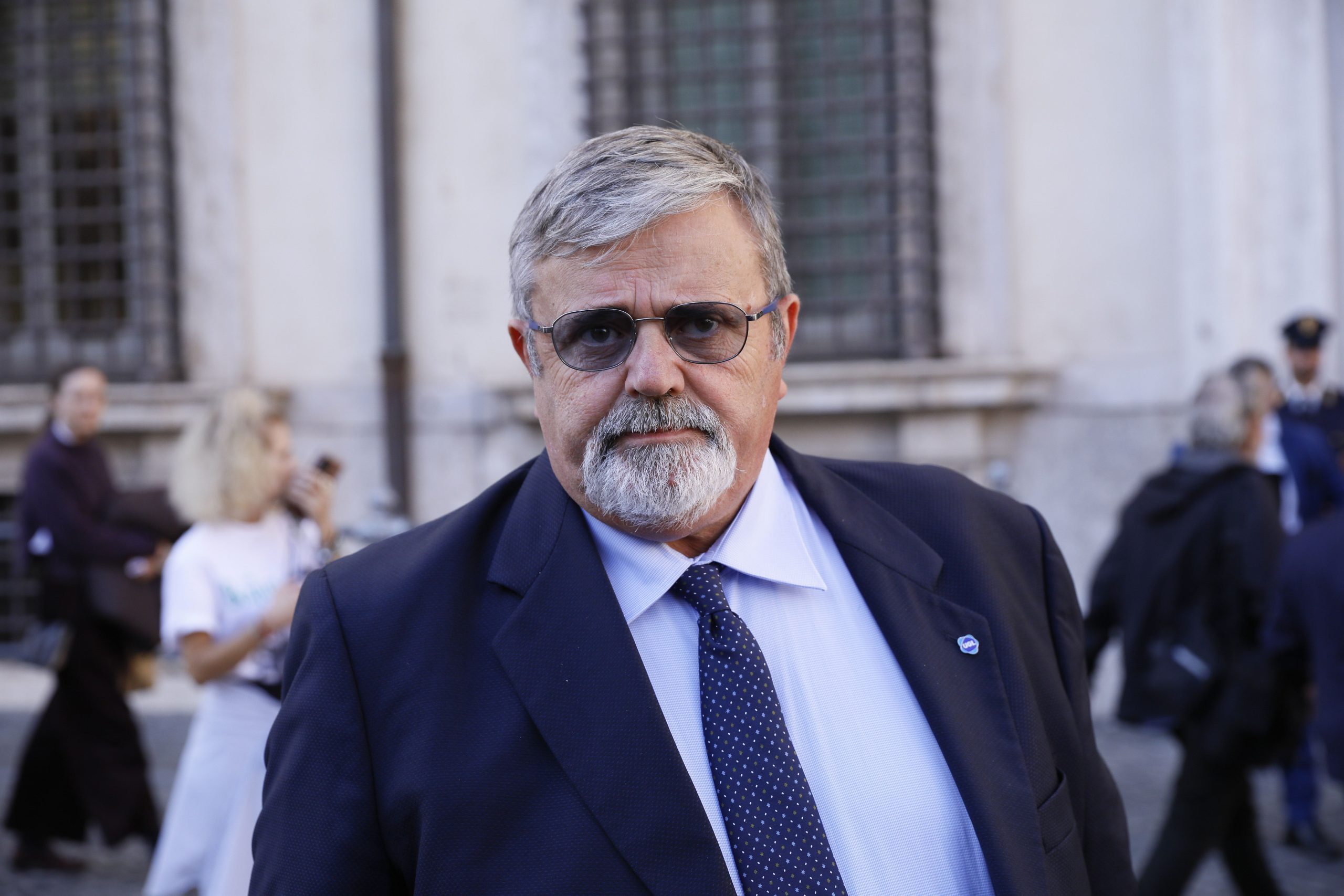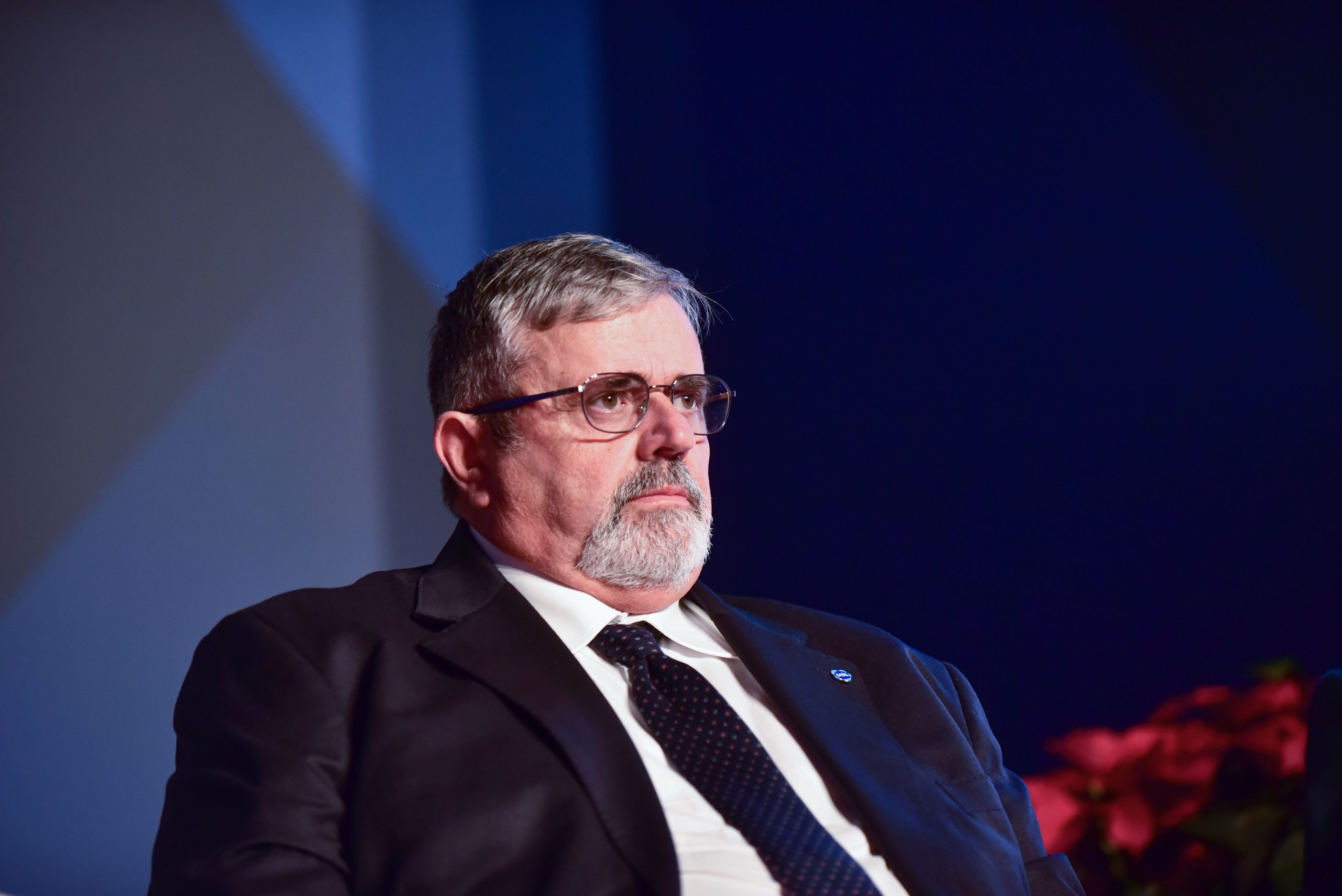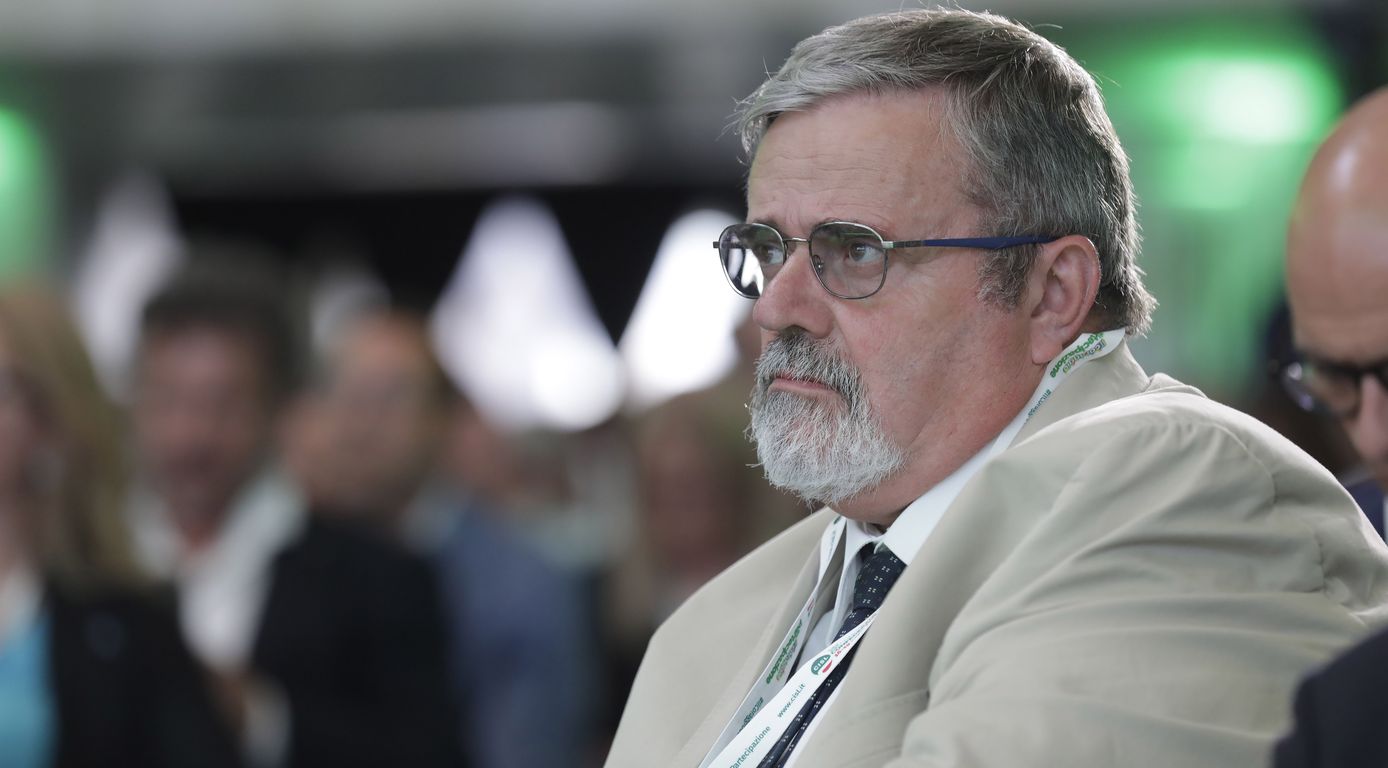CESE, ULGIATI A BRUXELLES PER PARERE SUL SETTORE NUCLEARE
Si è svolta a Bruxelles, il 12 Novembre u.s., la riunione della Sezione Trasporti, Energia ed Infrastrutture (TEN) del Comitato Economico e Sociale Europeo (CESE), la prima dopo il suo rinnovo quinquennale, avvenuto ad Ottobre. All’ordine del giorno vari Pareri da adottare, tra cui quello molto attuale ed interessante relativo alla Comunicazione della Commissione Europea in merito al programma indicativo per il settore nucleare, in cui si delinea il ruolo e la traiettoria dell’energia nucleare nei piani dell’Unione Europea per la decarbonizzazione, la competitività energetica e la sicurezza fino al 2050, fungendo da visione per il settore nucleare nella politica energetica della UE. Il Consigliere Luigi Ulgiati dichiara “condivisibili i contenuti del Parere in questione (TEN/856)”, sottolineando in particolare come “l’energia elettrica prodotta da fonti nucleari generi basse emissioni di carbonio, garantisca flessibilità di produzione e stabilità di rete, tramite un flusso costante, in quanto, a differenza dell’energia prodotta da fonti rinnovabili, non risente delle condizioni meteo e della luce solare. Inoltre, il nucleare si adatta bene anche alla creazione del ciclo integrato energetico con altre fonti, aiutando i Paesi Europei non solo nella transizione, ma anche nella indipendenza e nella stabilizzazione dei costi energetici”. Quanto al tema dei rifiuti radioattivi, il cui aumento deriva sia dalle centrali nucleari, che dall’utilizzo di tecnologie nucleari in campo sanitario e medico, per Ulgiati “occorre non soltanto l’individuazione di depositi dedicati in base alla pericolosità, ma anche la diffusione di tecnologie adatte al trattamento ed al depotenziamento dei rifiuti stessi”. Relativamente poi al fronte occupazione il Consigliere Ulgiati evidenzia che ci sarà un incremento significativo, con una stima di oltre trecentomila nuove assunzioni in Europa, e che a tal proposito “debbono essere valorizzate e finanziate le competenze dei lavoratori del settore, tramite una formazione continua sulle nuove tecnologie e sui crescenti livelli di sicurezza, così come le eccellenze universitarie che già oggi erogano corsi specifici per la preparazione di ottimi ingegneri”.
EUROPA, SALARI IN CRESCITA MA L’ITALIA SOTTO MEDIA UE
Nel 2024 lo stipendio medio annuo a tempo pieno nell’Unione Europea è stato pari a 39.800 euro lordi con un aumento del 5,2% rispetto ai 37.800 euro registrati l’anno precedente. In Italia, invece, nello stesso periodo, i salari sono cresciuti del 2,6%, esattamente la metà della media Ue: da 32.650 euro a 33.523. I dati diffusi da Bruxelles, pochi giorni fa, mostrano dunque la fotografia di un’Europa in cui la crescita salariale è tornata a rafforzarsi dopo due anni di inflazione elevata, ma anche di un Continente ancora profondamente diviso sul piano delle retribuzioni. Tra i 27 Stati Membri il salario medio annuo più elevato è stato registrato in Lussemburgo, dove un lavoratore dipendente guadagna in media 83.000 euro lordi, seguito da Danimarca (71.600 euro) ed Irlanda (61.100 euro). Si tratta di economie caratterizzate da alti livelli di produttività, una forte specializzazione nei servizi ad alto valore aggiunto, con mercati del lavoro molto dinamici, dove la contrattazione collettiva è in grado di intercettare tempestivamente la crescita dei prezzi. Fanalini di coda Bulgaria, Grecia ed Ungheria, Paesi in cui si rilevano le retribuzioni più basse, dove la crescita dei salari nominali non è riuscita a compensare pienamente l’aumento dei prezzi, mantenendo elevato il divario con il resto del Vecchio Continente. Tra i Paesi del Mediterraneo l’Italia rimane sotto la media Ue, superata di poco dalla Spagna che nel 2024 ha visto un reddito medio di 33.700 euro. Il dato nazionale italiano evidenzia comunque un piccolo progresso rispetto al 2023, segno che l’erosione del potere di acquisto subita nel biennio inflazionistico 2022-2023 sta iniziando, almeno in parte, ad essere recuperata. Per accelerare la dinamica salariale nel Bel Paese si impone, dunque, una duplice sfida: da un lato, stimolare la crescita della produttività tramite innovazione e formazione; dall’altro, rendere più efficiente il sistema di contrattazione, favorendo la partecipazione dei lavoratori ai benefici dell’impresa.
EN
EESC, ULGIATI IN BRUSSELS FOR OPINION ON THE NUCLEAR SECTOR
On the 12nd of November, the Transport, Energy and Infrastructure Section (TEN) of the European Economic and Social Committee (EESC) held its first meeting in Brussels since its five-year renewal in October. The agenda included various Opinions to be adopted, including a very topical and interesting one on the European Commission’s Communication on the indicative programme for the nuclear sector, which outlines the role and trajectory of nuclear energy in the European Union’s plans for decarbonisation, energy competitiveness and security until 2050, serving as a vision for the nuclear sector in EU energy policy. Councillor Luigi Ulgiati states that «the contents of the Opinion in question (TEN/856) are acceptable», emphasising in particular that «electricity produced from nuclear sources generates low carbon emissions and ensures production flexibility and grid stability through a constant flow, as, unlike energy produced from renewable sources, it is not affected by weather conditions and sunlight. Furthermore, nuclear energy is also well suited to the creation of an integrated energy cycle with other sources, helping European Countries not only in the transition, but also in achieving independence and stabilising energy costs». As for radioactive waste, which is increasing due to both nuclear power plants and the use of nuclear technologies in the health and medical fields, Ulgiati believes that «it is necessary not only to identify dedicated storage sites based on hazardousness, but also to disseminate technologies suitable for treating and deactivating the waste itself». With regard to employment, Councillor Ulgiati points out that there will be a significant increase, with an estimated 300,000 new jobs in Europe, and that in this regard, «the skills of workers in the sector must be enhanced and financed through continuous training on new technologies and increasing levels of safety, as well as the excellence of universities that already offer specific courses for the training of excellent engineers».
EUROPE, WAGES RISING BUT ITALY BELOW EU AVERAGE
In 2024, the average full-time annual salary in the European Union was €39,800 gross, an increase of 5.2% compared to €37,800 the previous year. In Italy, however, wages rose by 2.6% over the same period, exactly half the EU average: from €32,650 to €33,523. The data released by Brussels a few days ago therefore paint a picture of a Europe in which wage growth has returned to strength after two years of high inflation, but also of a Continent that is still deeply divided in terms of pay. Among the 27 Member States, the highest average annual wage was recorded in Luxembourg, where an employee earns an average of €83,000 gross, followed by Denmark (€71,600) and Ireland (€61,100). These are economies characterised by high levels of productivity, strong specialisation in high value-added services, and very dynamic labour markets, where collective bargaining is able to respond quickly to price increases. At the bottom of the table are Bulgaria, Greece and Hungary, Countries with the lowest wages, where nominal wage growth has failed to fully offset price increases, maintaining a wide gap with the rest of the Old Continent. Among the Mediterranean Countries, Italy remains below the EU average, slightly surpassed by Spain, which saw an average income of €33,700 in 2024. However, the Italian national figure shows a small improvement compared to 2023, a sign that the erosion of purchasing power suffered during the inflationary two-year period 2022-2023 is beginning, at least in part, to be recovered. In order to accelerate wage growth in Italy, there is therefore a twofold challenge: on the one hand, to stimulate productivity growth through innovation and training; on the other, to make the bargaining system more efficient by encouraging workers to share in the benefits of the company.
UGL NEWS dall'EUROPA n. 150 del 14 Novembre 2025EN - UGL NEWS from EUROPE n. 150 -14th of November 2025 -




